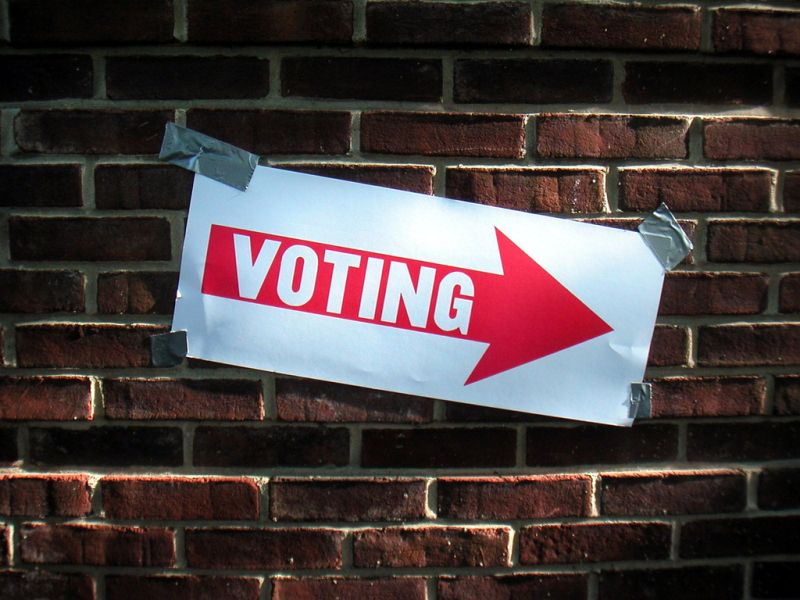In brief
News of the week

Southeast Asian nations vow to save refugees
Southeast Asian governments have agreed to strengthen their efforts to save refugees from their waters and to set up a joint task force. At a summit in Thailand’s capital Bangkok on Friday, Tanasak Patimapragorn, Thailand's foreign minister, said his country would allow the US military to operate flights out of Thailand to search for migrants stuck on boats and that those missions could begin immediately.
During the meeting of representatives of 17 countries and three UN organisations, Thailand disclosed that it had just saved 600 boat people, and Myanmar said its navy had seized a vessel with more than 700 people on board. The number of refugees still at sea is unknown but believed to be several thousand. Most of them are members of the ethnic minority of the Rohingya, who are fleeing persecution in their home country Myanmar. Others come from Bangladesh.
Delegates agreed that the root causes of the refugee crisis needed to be addressed, while the UN refugee agency UNHCR frankly asked Myanmar to grant citizenship to the Rohingya. Myanmar’s representative rejected the criticism and said no country should be singled out and that the migrant crisis was a regional problem.
A human-trafficking crackdown by Thai authorities had disrupted normal people-smuggling routes in the Andaman Sea several weeks ago and left thousands of Rohingya and Bangladeshi refugees adrift at sea. The Rohingya are predominantly Muslim. Myanmar does not ackowledge them as an ethnict group and denies them citizenship (for backgroudn see: http://www.dandc.eu/en/article/myanmar-does-not-recognise-rohingya-citizens-ngo-expert-elaborates-our-interview)
Sources: Bangkok Post, Reuters
Deadly heat wave in India
By Friday, an unusual heat wave had killed more than 1,800 people in India. Temperatures climbed to up to 49 degrees. The most affected states were Andhra Pradesh and Telangana, and the most affected communities were the poor who cannot afford electric fans or air conditioning. The state government of Andhra Pradesh advised people not to go outdoors in the hottest hours from 11 am to 4 pm. Temperatures were untypically high in other Asian countries as well.
Monsoon rains typically end the summer heat in India. They are expected to set in by the end of this month this year, which would be a little bit early. However, experts reckon there will be less rain than usual, which would imply a bad year for farmers. There has been unusual rain in recent months.
Climate scientists argue that global warming is disturbing weather patterns that have prevailed for millennia, but they also say that no individual weather event can be directly attributed to global warming. The non-governmental Centre for Science and Environment in Delhi warns that there will be more heat waves in the future.
Sources: The Hindu, Indian Express
China’s currency “no longer under-valued”, according to IMF
The International Monetary Fund has stated that the exchange rate of the renminbi does not distort international trade. The Chinese currency has appreciated by 25 % in the past decade. Chinese authorities began a slow policy of adjustment 10 years ago because they were facing severe criticism for boosting exports by manipulating the exchange rate. Unlike the IMF, the US administration still considers the renminbi “significantly under-valued”.
The London-based Financial Times reads the IMF statement as “a big vote in confidence in Beijing”. According to the paper, the Chinese currency is likely to become one of the global currencies the IMF uses to determine its Special Drawing Rights. SDRs are the IMF’s unit of account. To date, they are based on the US dollar, the euro, Japan’s yen and the British pound.
Source: FT
Central African Republic needs more aid
The EU Commission has pledged aid worth € 380 million to Catherine Samba-Panza, the Central African Republic’s interim president. That was the result of a donor conference in Brussels last week. Though the sum seems large, it is less than needed. According to the UN, the equivalent of € 580 million is required for humanitarian aid alone. European aid is also meant to serve other purposes, including support for elections that are to be held in the strife-torn country this year.
The security situation in the CAR is still desperate. About half a million people have been internally displaced and two thirds of the population depend on foreign aid. The UN recently stated: “The worst forgotten humanitarian crisis of our time is looming in the Central African Republic.”
Sources: Deutsche Welle, taz
Fuel crisis haunts Nigeria as new president is sworn in
When Muhammadu Buhari took office as Nigeria’s new head of state on Friday, his country was struggling with a self-made fuel crisis. The root cause is a dysfunctional system of petrol subsidies.
Retail sellers currently claim that the national government owes them more than $ 1 billion worth of subsidies and have therefore been reducing market supply for weeks. As a result, it has become difficult to buy fuel, and even major private-sector companies including banks and telecom providers have had to scale down their services. Though Nigeria is a major oil producer, it imports 80 % of its gasoline and diesel. The government pays marketers the difference between the open market price and a rather low price limit it has set for retail sales. The low retail price, however, means that refining crude in Nigeria hardly makes business sense. Moreover, vast amounts of subsidised fuel are smuggled to neighbouring countries. Making the situation more difficult, government revenues are currently below expectations due to the low oil price on world markets.
Experts reckon that corruption and mismanagement in the petrol sector have cost the treasury some $ 20 billion in one and a half years. Nonetheless, the subsidy system is popular. Many poor Nigerians feel that it gives them at least a little share in their nation’s oil wealth, even though wealthy people, who use a lot of fuel, benefit most. The previous government tried to cut subsidies in 2012, but failed. An irony of history is that President Buhari contributed to creating the system when he was petrol minister in the 1970s.
Source: The Economist, pulse.ng
Pope honours Oscar Romero
Oscar Romero was beatified by Pope Francis 35 years after he was murdered in San Salvador by a right-wing death squadron. At the time, Romero was the city’s archbishop and prominently spoke out against poverty, repression, torture and violence. While he showed little interest in Marxism, he insisted that more had to be done to make life easier for the poor. He was assassinated during a mass. After the event, El Salvador’s civil war escalated fast. According to estimates, some 70,000 persons died in the years of strife from 1980 to 1991.
Pope Francis stated that Romero was a martyr three months ago, and beatified him on Saturday. Before persons are declared saints by the Catholic church, they must first be beatified. Within the church, there has been a long controversy about Romero because conservative members of the clergy felt he was too left-wing for being honoured and officially revered.
Sources: Il Sole 24 Ore, Wikipedia
These items were compiled by Hans Dembowski and Katja Dombrowski on the basis of international media coverage.











